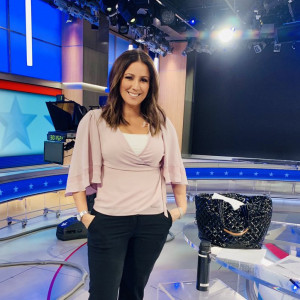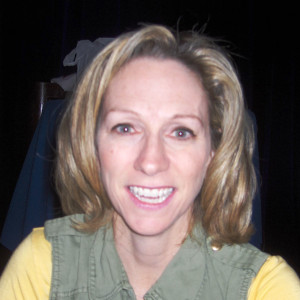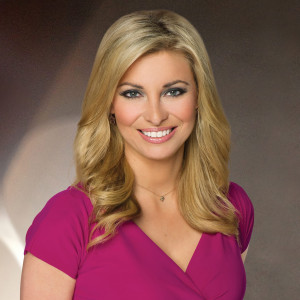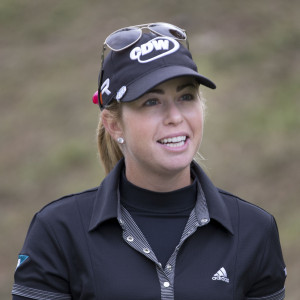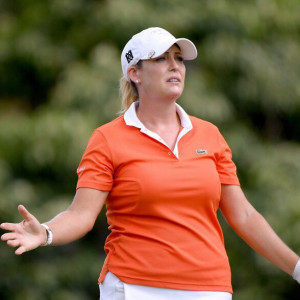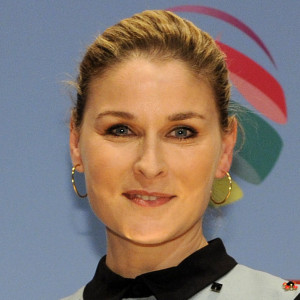Robin Cousins was born on August 17, 1957 in Bristol, England. He is a former competitive figure skater and known for winning a gold medal at the 1980 Olympic Games.
Don't Miss: Julie Banderas
Sparking the Dream
Robin was born to his mother Jo, a secretary and father Fred, who was a civil servant. Robin’s father was also a goalkeeper Millwall. He inherited his athletic ability and skill from his father. He has two older brothers, Martin and Nick.
Robin first get a taste of what would be his passion when he went to Westover Road Ice Rink when his family was on vacation. He was only 9 years old but he enjoyed his first experience so much. He couldn’t stop thinking about how the ice made him feel. He thought of it as his painting canvas. Instead of using a paint brush, he used his skates to create art on ice.
18 months after his first time on ice, Robin urged his parents to enroll him in classes. He picked a good day to make his request. He waited until the holidays so that he could ask for the classes as a Christmas gift. His parents were very impressed with his gift choice. While most of his peers were asking for toys, he had enough confidence in himself and the awareness to invest in his future. His parents were proud to have such a thoughtful child. Robin’s father Fred was especially happy that his son would be pursing an athletic career.
Robin trained ice dancing at the same time he trained competitive ice skating as a young skater. He felt that he needed to practice both styles to become a balanced skater. A dancer named Pamela Davies was his first coach.
He felt so strongly about figure skating that he dropped out of school at the age of 16. He didn’t see any reason to continue going to school because he got nothing out of it. He had already found his passion and wanted to do anything in his power to develop his skill. He thought it was pointless to take unrelated classes in school when he could focus all of his energy on figure skating.
His parents said that they would only support his decision if he agreed to find a job to support himself. Fortunately for Robin, he was able to find at a job working for a department store after he moved to London. The job was not glamourous because the majority of the time was spent on stacking shelves. Robin didn’t mind it though, he just saw it as a way to make money so he could spend time practicing his craft.
Skating Career
Robin defined his skating style with extraordinarily high jumps and quick and diverse spins in all directions. By 1976, he had established himself as a master technician and highly artistic skater, making him a crowd favorite. He achieved the amazing feat of doing five triple jumps, something that had not been done by anyone else. He is also able to spin in either direction of both clockwise and anti-clockwise which is not a common skill for a figure skater
His first competitive achievement came in the form of a bronze medal at the European championships. At this time, he was hit by a second knee injury which eventually made him move from London to Denver to train with Coach Carlo Fassi.
[page-break]
He won three world free skating championships in 1978 but did not clinch the overall world title when he lost in one of the closest contests in skating history. In 1980, he smashed his way to the top by winning the Olympic and European Championships.
On November 16, 1983, he registered himself as the Guinness world Record holder for the longest axel jump reaching 5.81m and the longest back flip extending to 5.48 meters.
Cousins won many medals and honors during his skating career has also been awarded with the BBC Sports Personality of the Year in 1980 for his Olympic Gold Medal at Lake Placid.
He gave his final on ice performance in 2000 and decided to retire from skating due to frequent knee problems.
Life After Sports
When asked by Skate Guard to describe the best moments of his career, Robin said, “The beginning and the end! I remember standing on the podium as National novice champion when I was twelve. Even at that age, it was the sense of personal accomplishment I was most proud of. I didn't like 'competing' and couldn't bring myself to watch any of my competitor's skates so I had been taught to just compete against my last performance. It was never about beating someone else, but I was about 'pleasing' the audience and the judges and that never changed! The pressure coming into the World Championships in 1980 post-Europeans and Olympics was big but Carlo and Christa Fassi made sure I kept level headed and focused on the job at hand. I remember post-Olympics making a statement that, after the mistake (the triple loop) in Lake Placid, I wanted to go out with the perfect long. I already knew I would be done after Worlds. After Jan Hoffmann had skated, Carlo had done the calculations in his head and made the decision to tell me that I couldn't win. It was pure honesty and he knew me well enough to know I would be okay with that. He sent me off to start my long with the words "Give the audience what they came to see. Enjoy it." That's exactly what I did. I added jumps, got the standing ovation, another World medal and the reward of having done exactly what I set out to do a few weeks earlier!”
Robin started his own ice skating company. This company traveled throughout the world with professional ice shows such as Electric Ice and Ice Majesty.
Cousins also entered the entertainment industry as a director, producer, and actor. On his ice show resume, he has numerous shows like The Nutcracker and A Fantasy on Ice. He also enjoyed a coaching career and successfully choreographed for others.
He has also been featured as guest anchor doing commentary on BBC Sports. He appeared as a judge on the show Dancing on Ice from 2006 to 2014 while also having brief appearances on All Star Family Fortunes and Tipping Point.
Last Modified: Apr 8, 2020
Related Biographies

